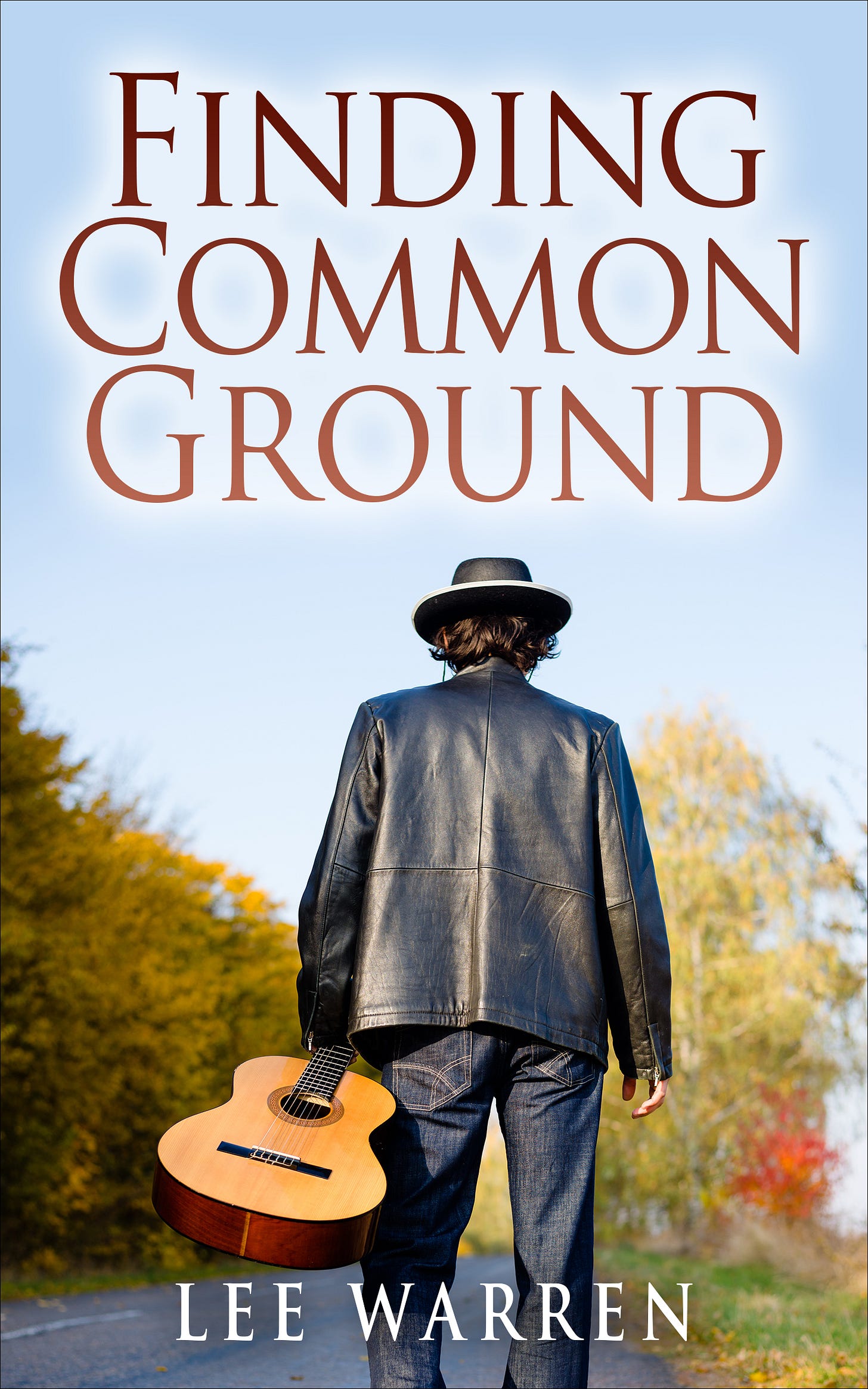If you enjoy this free weekly newsletter (which will remain free), consider becoming a paid subscriber for $5 per month and also receive a long-form monthly essay that goes even deeper.
On my way to the hospital a couple of weeks ago (my mom broke her wrist and needed a cast), a young guy in his early twenties popped a wheelie down Dodge Street (the primary thoroughfare in my city of nearly half a million people). I think the rest of us were supposed to be impressed. I was not.
A day later, I was on another major street. This one is undergoing construction. As I approached the construction zone, someone on a motorcycle drove down the center of the road between my car and another one, then darted in front of me, nearly clipping my right front quarter panel. I slammed on my brakes and shook my head.
Still another day later, several vehicles surrounded me on the interstate. One zoomed in front of me and slammed on his or her brakes. Other drivers who were playing this game began to do the same thing to nearby motorists. I have no idea what the endgame might have been, other than maybe insurance money or just mere laughs.
In previous newsletters, I’ve mentioned I’m feeling the need for a slower pace with fewer people. I don’t know what that looks like moving forward, but it may not happen anytime soon.
Last week, I shared an article with you titled Light in the Darkness by James Conley in which he writes, “We’re not here to coast down the river. We’re here to reroute it …”
Too often, I want to coast down the river, free from wheelie poppers, dangerous traffic weavers and brake checkers. I want to avoid the noise of neighbors, while replacing it with my own noise, or none at all. I want to leave the city I’ve lived in my entire life and start over in Mayberry.
But Mayberry doesn’t exist.
That leaves me with a question: How does one reroute a river? I have no idea. But it sounds like a massive, messy project, doesn’t it?
After doing some quick research, I found terms such as “river engineering” and “river diversion” but most of the attempts to explain the process were over my head. From what I gathered, though, it involves engineers and lots of heavy equipment.
By definition, an engineer is someone “who carries through an enterprise by skillful or artful contrivance.” Also, on a more comical note, an engineer can also be defined as “a crafty schemer.”
So, there’s an art to engineering. Maybe this is what Jesus meant when he told his twelve disciples he was sending them out as sheep in the midst of wolves, so they were to be wise as serpents and innocent as doves.
How does one do that in a culture that appears to be more self-absorbed by the day? In the spirit of the sons of Issachar (who understood the times and knew what Israel ought to do), it seems like we need to study to become cultural engineers so we can begin the arduous task of rerouting the river.
Here are some tidbits you might find interesting this week:
This remastered footage from 1906 in San Francisco (days before the earthquake) is fascinating. One of the people who left a comment described the video as “utterly chaotic and peacefully languid at the same time.”
“If God were our one and only desire we would not be so easily upset when our opinions do not find outside acceptance.” —Thomas à Kempis
If you’ve been thinking you need a “better” rest, check out this post by Sara Hagerty.
Something to think about: Our Obituaries Are Written Before We Die by James Magruder.
“For what am I to myself without You, but a guide to my own downfall?” —Augustine
If you enjoy this free weekly newsletter, consider becoming a paying subscriber for $5 per month. Paying subscribers also receive a monthly, long-form essay that goes deeper than the weekly posts do. And you’ll have access to the complete archives.
Mind if I spotlight one of my books?
Grab a cup of coffee and escape into this collection of heartfelt essays that includes three books in one.
Common Grounds will take you on a pilgrimage with the author to thirty coffee shops in Omaha, Nebraska. He spent $136.42 on coffee and a few donuts, but it was a small price to pay for the commonality he felt between the patrons, baristas, and himself. And standing on common ground gave him strength in the most unexpected of ways. Maybe it’ll do the same for you.
Sacred Grounds invites you to reminisce about your first loves, first experiences, and first favorites, all of which shape us in ways our second loves, second experiences, and second favorites do not. Dive into this section and go back to a simpler time in your life.
Higher Grounds will inspire you to always be on the lookout for God. You’ll read about him showing up in a nursing home during a Christmas caroling excursion, in a bowling alley during a rock concert, in a restaurant as two elderly people seek the company of strangers, and so much more.
Readers are calling Lee's essays vulnerable, open, honest, engaging, insightful, and thought-provoking.





